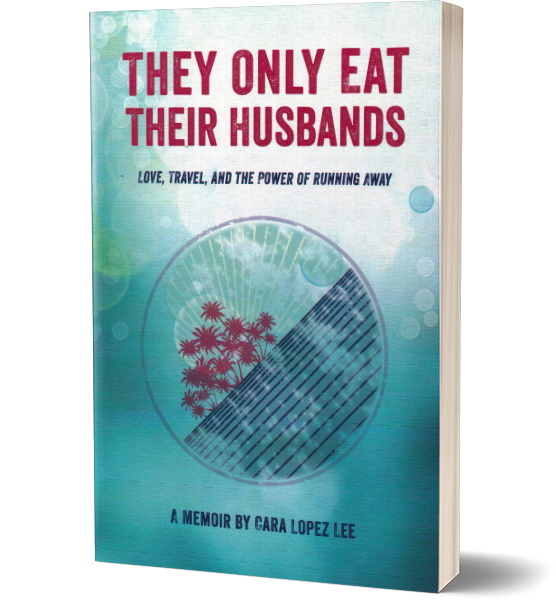 By Cara Lopez Lee
By Cara Lopez Lee
I’ve been getting rid of them this week. The extra words. I often say too much. My obsessive compulsive disorder makes this so hard to control that sometimes it feels like I only have two options: say everything or nothing at all.
Sometimes I write a Facebook reply in an attempt to connect, some comment about an experience I once had that’s similar to the one a friend has described. Then I ask myself: are you sure this person shared their story in hopes of hearing yours? What then shall I write? “I understand”? Won’t that get lost in the thread? Shall I ask a question? “And what happened to you after that?” Too intrusive perhaps? I give up, delete all my words, and hit “like,” or the surprised emoji or laughing emoji, admonishing myself to be sparing with the heart emoji so they know I mean it.
I once lost a friend over my inability to listen the way she needed, or her inability to accept that this was the best I could muster. I got tired of failing her and gave up. Still, I have not given up seeking silence since, trying to listen more.
How then, as a writer, shall I listen—on the page, with words?
My novel is currently 150,000 words. “It’s historical fiction,” I often explain, because people understand that historical novels are longer. But I don’t like that excuse, so I’m whittling it down to 140K. Cutting one page per chapter feels doable. Then I realize, I could do this forever: make another pass and chop it to 130K. How many years might it take to carve the smallest sculpture that will do? The rest of my life?
I once wrote a six-word memoir. It was unsatisfying. I once wrote a 50-word story. It felt just right. How many words does my novel need?
I once told a writing mentor that fellow writers kept giving me the same feedback: “They say they need more information, so I give them more. Then they still want more. When will it stop?”
He said, “That’s because what they’re asking for is more emotional information.”
I got what he meant, all the sensory experiences that connect characters to their emotional world, not merely telling us they’re happy or sad, but showing us the unique nature of their happiness or sadness, something to carry us deeper into their world, and into ourselves.
Piece of cake.
Am I unemotional? Too analytical? Full of thoughts about feelings yet distanced from feelings themselves?
On the last round of feedback, a fellow author and dear friend made my day when she said my novel evoked tears in several places. Still, she agreed I used more words than necessary. Which ones? She left that to me.
I’ve been spending a lot of time alone, listening for the spaces between words. When I’m with others, I try to listen to how they feel and learn how I feel.
It’s not easy. People sometimes ask for relationship advice, and that sets me yapping—I don’t want anyone to suffer by making the same mistakes I’ve made.
Is that what my book’s extra words are about: my need to make sure the reader understands, to shout, “Don’t let this happen to you?” Am I trying too hard to save my readers, my characters, myself? Am I trying too hard to be understood?
In my memoir, They Only Eat Their Husbands, I wrote about a song some Nepali porters sang in a Himalayan lodge. One of them told me the song was about a scarf blowing in the wind. I wrote: “The lyrics seemed to be based on images, rather than a story or message. Maybe the images told their own story, one that could only be understood by giving up the effort to understand.”
Maybe that’s what I must do now. I just finished reading Jesus’ Son, a book of linked short stories by Denis Johnson, and wow is he good at that: letting go of the effort to understand. His images reveal raw emotion without explanation. For me, the only way to receive his meaning is by accepting it, be it a curse or blessing or both. That’s what makes it beautiful, even the ugly parts.
For now, I keep removing words, sometimes replacing them, mostly trying to feel the rhythm of life itself, to accept the new silences created by words that have vanished. Words that you’ll never read, but that I’ll always know are there.




